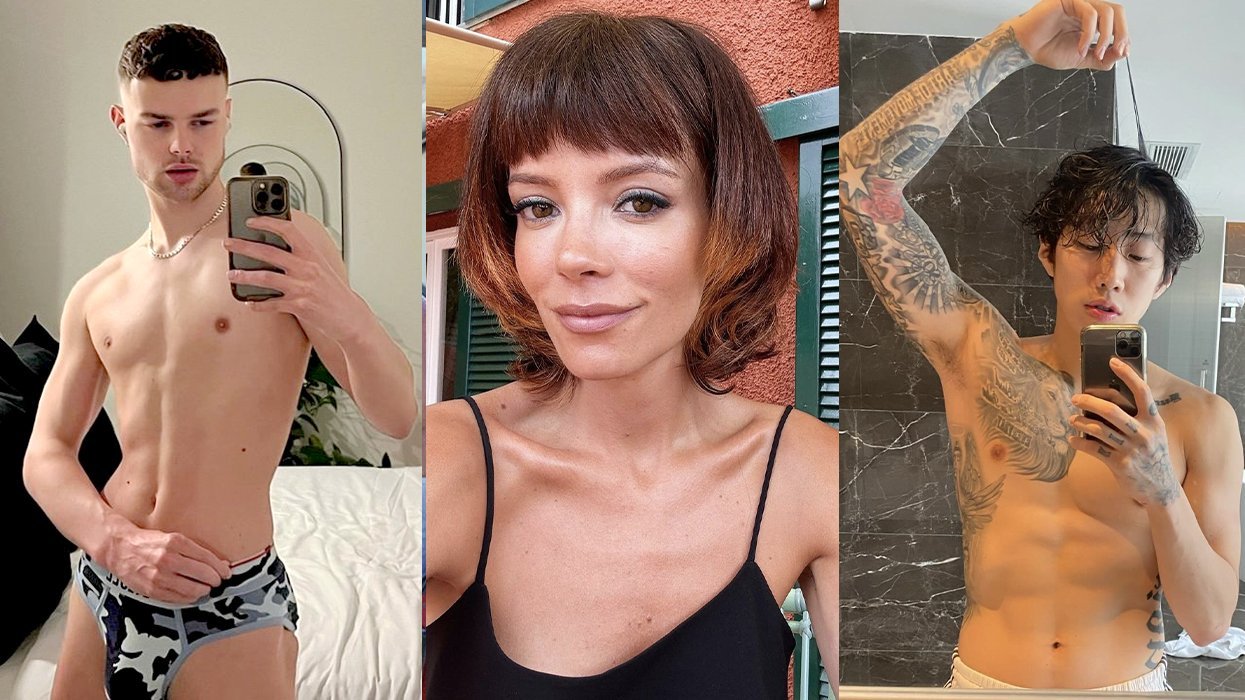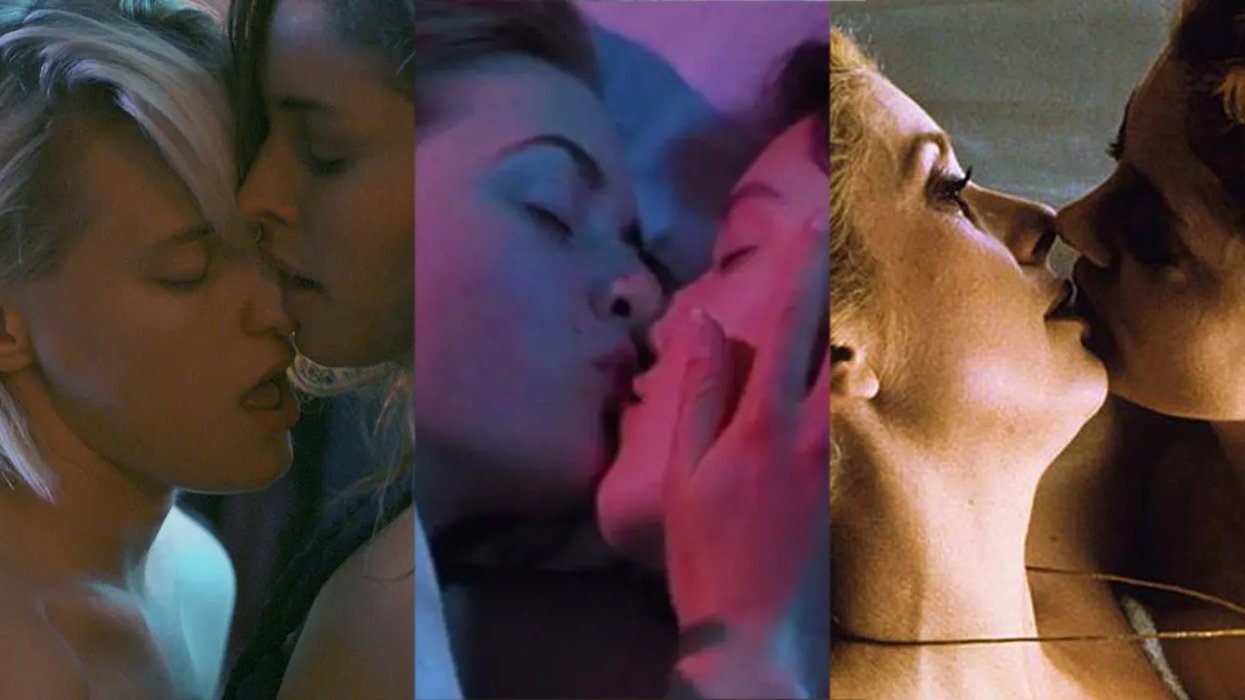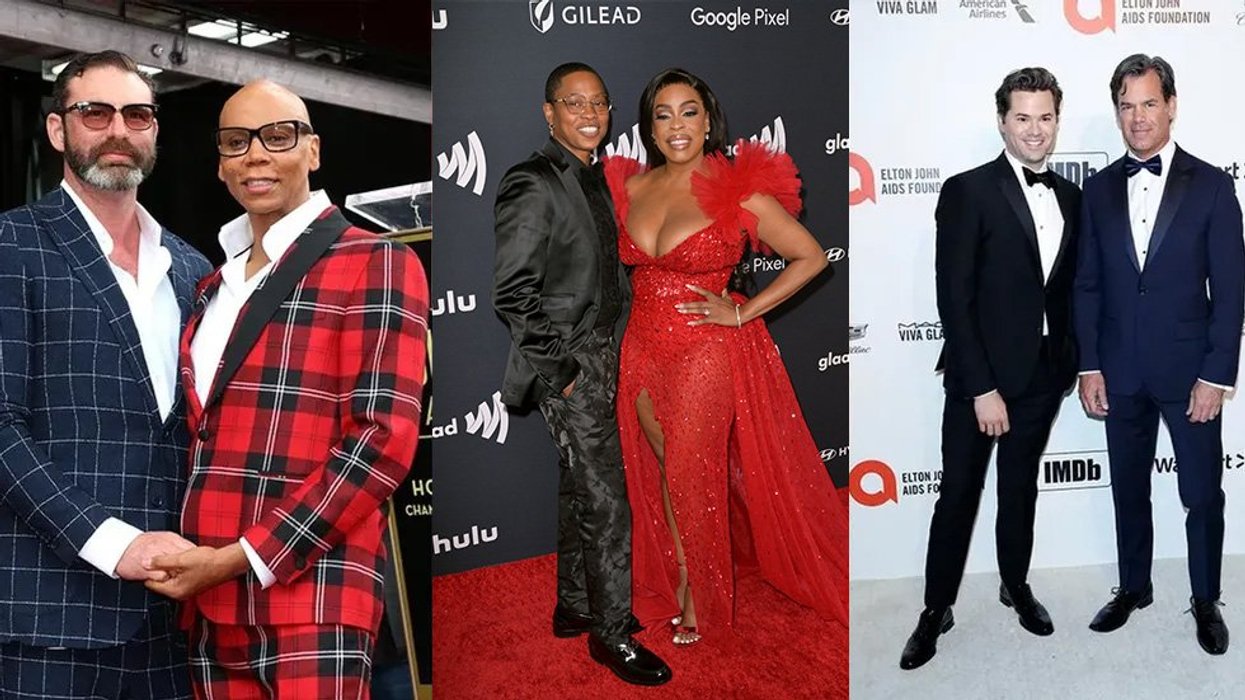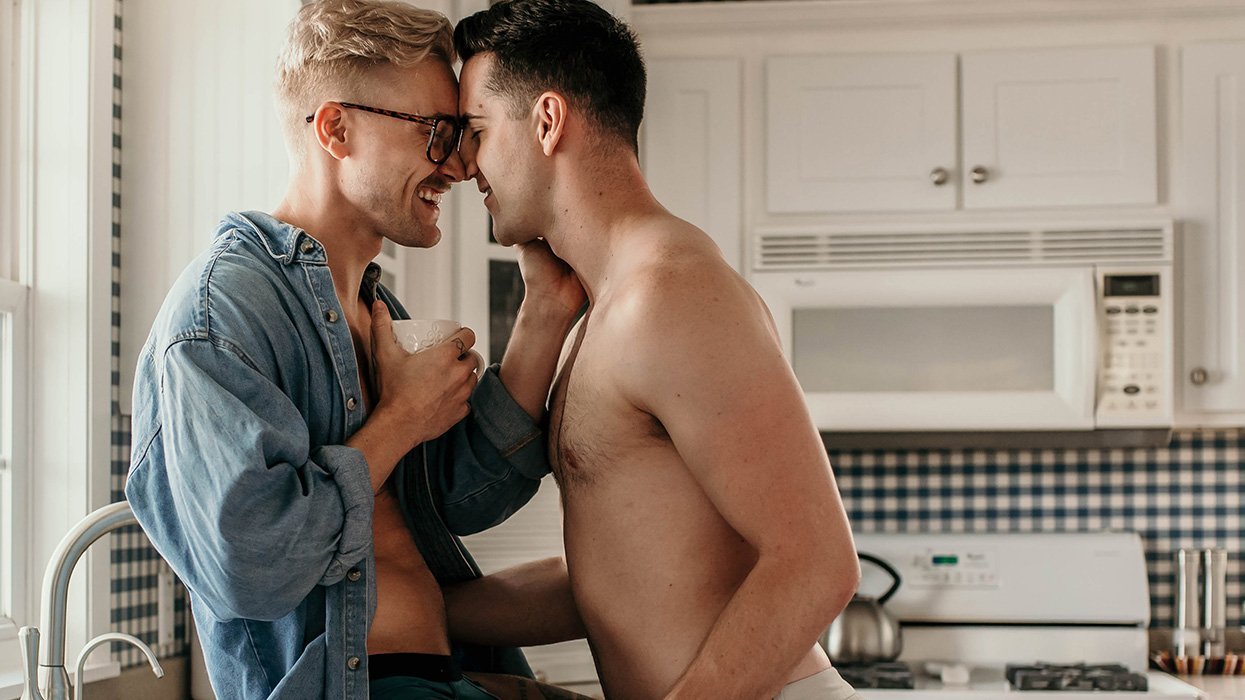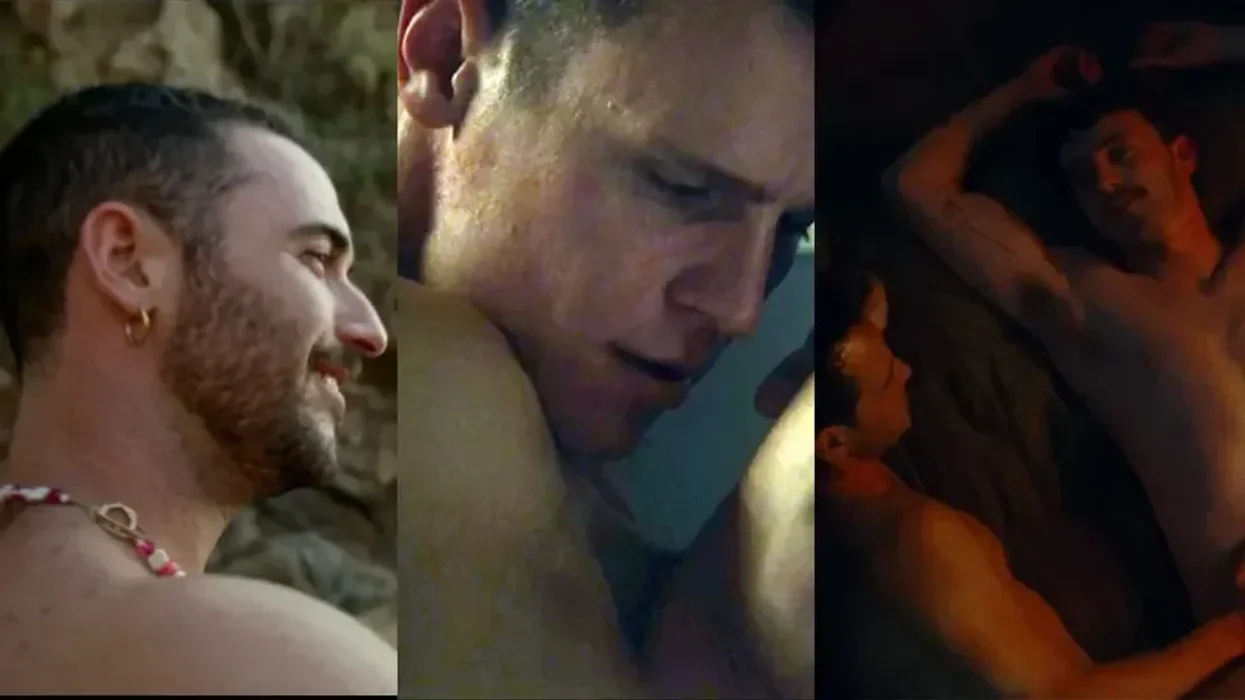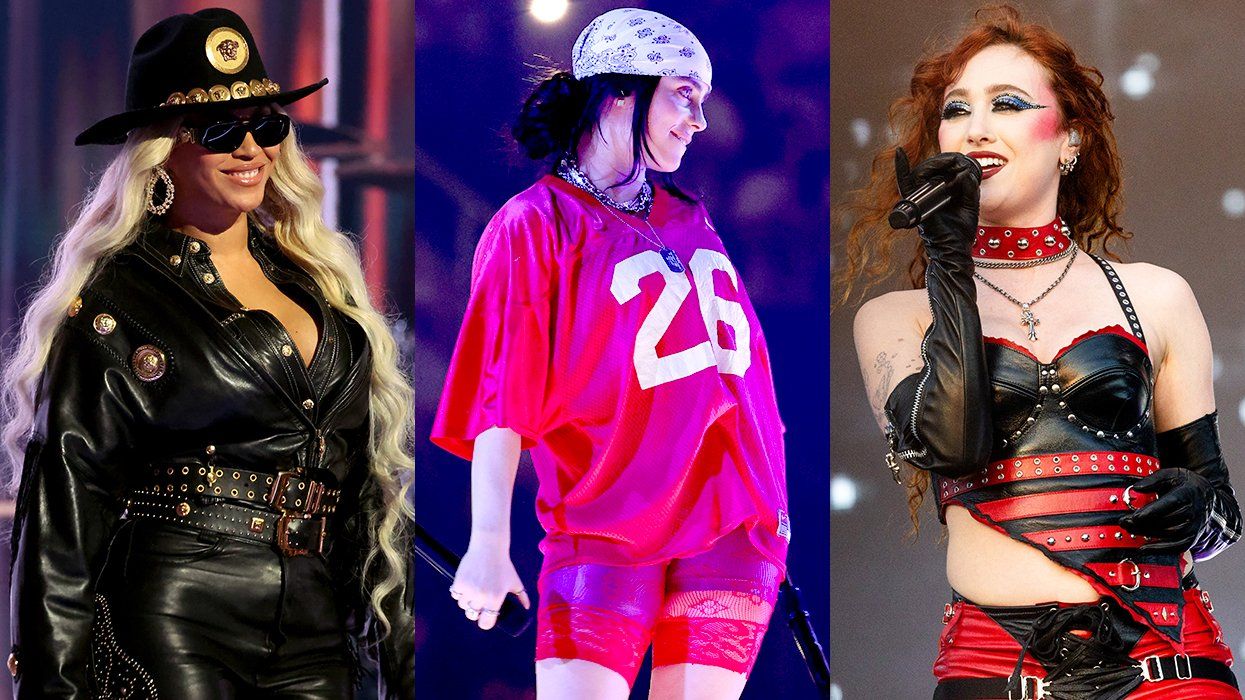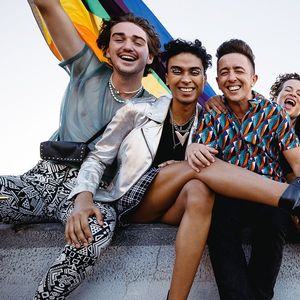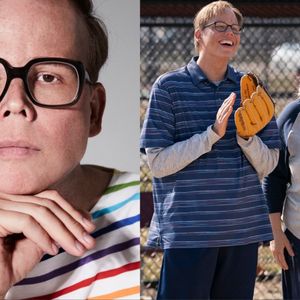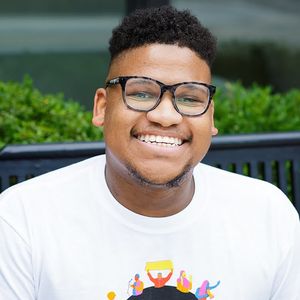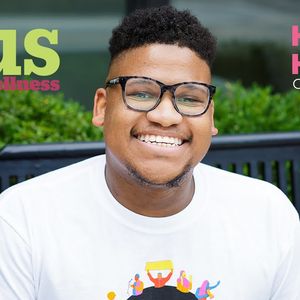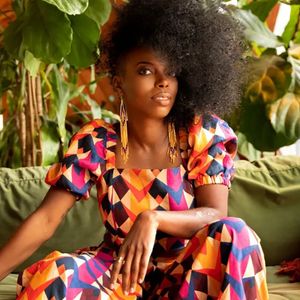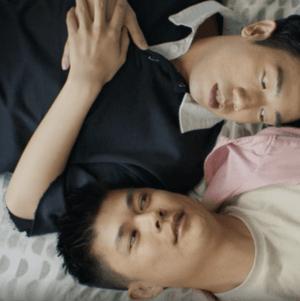Last week, Supreme Court Justice Anthony Kennedy announced his retirement. With that one event, the political landscape began to shift. Settled law such as Roe v. Wade and same-sex marriage was put in play again, suggesting those battles we thought behind us may have to be won again. At the heart of this political struggle sits millennials, now the largest and most racially and ethnically diverse generation ever, making up the largest share of eligible voters. And while many of the most important issues facing our country revolve around millennials, rarely are the positions of millennials, especially those of color or queer, front and center in public discourse.
To address this void, I built the GenForward Survey, a nationally representative survey of over 1,750 young adults ages 18-34. The survey is conducted bimonthly and includes oversamples of African-American, Latinx, and Asian-American young adults, ensuring we can accurately represent their positions and the positions of all millennials on important issues facing the country.
Last month we focused our GenForward survey — Millennial Views on LGBT Issues: Race, Identity, and Morality — on LGBT issues and discovered some important insights. For example, 14 percent of millennials identify as something other than heterosexual, ranging from queer to LGBT to same-gender-loving. However, irrespective of their sexual identity, majorities of millennials across race and ethnicity say they know someone who is LGB. In contrast, only about a quarter of millennials of color (22 percent) and 37 percent of white millennials report knowing someone who is transgender. Research tells us that knowing someone who is LGBT is important in making the attitudes of individuals more tolerant and respectful when it comes to the rights and equality of the LGBT communities.
The impact of knowing someone LGBT seems evident in millennials' positions on the equality of LGBT citizens. For example, majorities of millennials across race and ethnicity “somewhat” or “strongly” favor allowing LGBT people to adopt children, establishing laws to protect LGBT people from job discrimination, allowing transgender people to serve in the military, increasing government funding for the prevention and treatment of HIV and AIDS, and accepting more LGBT immigrants from countries that criminalize sexuality.
Millennials are also cognizant of the discrimination many members of LGBT communities face. Majorities of millennials across race and ethnicity say that there is “some” or “a lot” of discrimination against LGB individuals and a majority of African-Americans (51 percent) and pluralities of Latinx people (48 percent), and whites (45 percent) believe that there is a lot of discrimination against transgender people. Asian-American millennials (30 percent) are the least likely to say there is a lot of discrimination against transgender individuals in the country.
The concern with the discrimination that LGBT communities face is also evident in millennials' responses to our question about the biggest problems facing LGBTQ people. Again, across race and ethnicity and sexual orientation there is shared priority for reducing violent hate crime and ending bullying against young LGBTQ people. However, despite some agreement about the most pressing issues faced by LGBT communities, majorities of African-American (53 percent) and Latinx (50 percent) millennials believe issues confronting LGBT individuals in communities of color are very different than the issues promoted by mainstream organizations — and 52 percent of LGBT Millennials agree with that position. In contrast, white (58 percent) and Asian-American (54 percent) millennials believe that all LGBT individuals benefit when mainstream LGBT organizations fight for basic rights. This discrepancy deserves attention as LGBTQ organizations develop programs for delivering services and strategies for advocacy.
While nearly every question on our survey indicated overwhelming support for the rights and equality of LGBT individuals and communities, there was one puzzling finding. At the end of our survey, we used an often-asked question, “Has homosexuality led to a deterioration of morality in this country?” Even though a majority of millennials disagreed with this statement, a significant number (41 agreed) agreed. Even more surprisingly, 21 percent of LGBTQ millennials agreed.
What are we to make of this contradiction in beliefs? First, this is the only place in the survey where we used the word “homosexuality.” That word may be a trigger inscribed in our culture as something bad and deviant. It is also possible that for millennials “homosexuality” may mean something quite different than the more familiar “LGBTQ.” This is a contradiction Millennials (and we) will have to work out over time. It should remind us of all the work that remains to be done and how little we should take for granted when it comes to educating young people about the reality of LGBTQ lives, especially the lives of young queers of color.
 CATHY J. COHEN is an American political scientist, author, feminist, and social activist, whose work has focused on the African-American experience in politics from a perspective which is underlined by intersectionality. She is currently the David and Mary Winton Green Professor in Political Science and the College at the University of Chicago, and is the former director of the Center for the Study of Race.
CATHY J. COHEN is an American political scientist, author, feminist, and social activist, whose work has focused on the African-American experience in politics from a perspective which is underlined by intersectionality. She is currently the David and Mary Winton Green Professor in Political Science and the College at the University of Chicago, and is the former director of the Center for the Study of Race.










































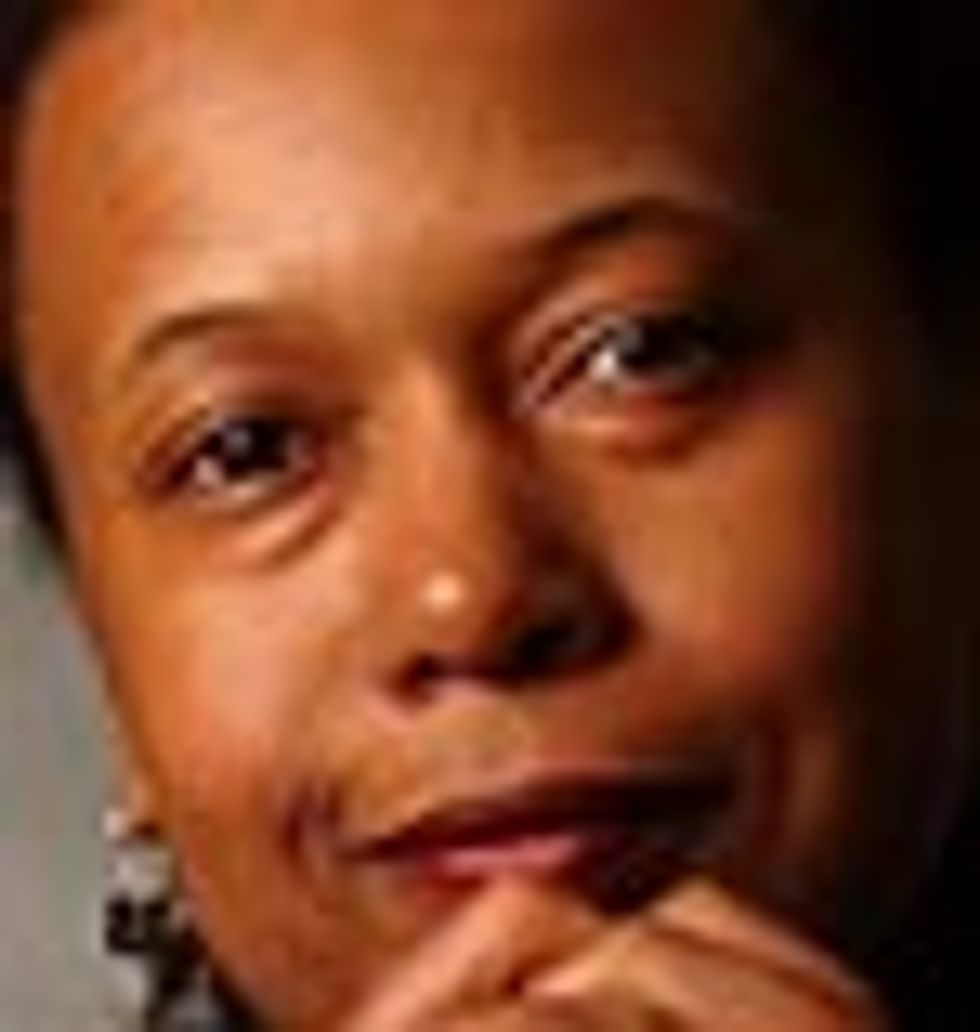 CATHY J. COHEN is an American political scientist, author, feminist, and social activist, whose work has focused on the African-American experience in politics from a perspective which is underlined by intersectionality. She is currently the David and Mary Winton Green Professor in Political Science and the College at the University of Chicago, and is the former director of the Center for the Study of Race.
CATHY J. COHEN is an American political scientist, author, feminist, and social activist, whose work has focused on the African-American experience in politics from a perspective which is underlined by intersectionality. She is currently the David and Mary Winton Green Professor in Political Science and the College at the University of Chicago, and is the former director of the Center for the Study of Race.

